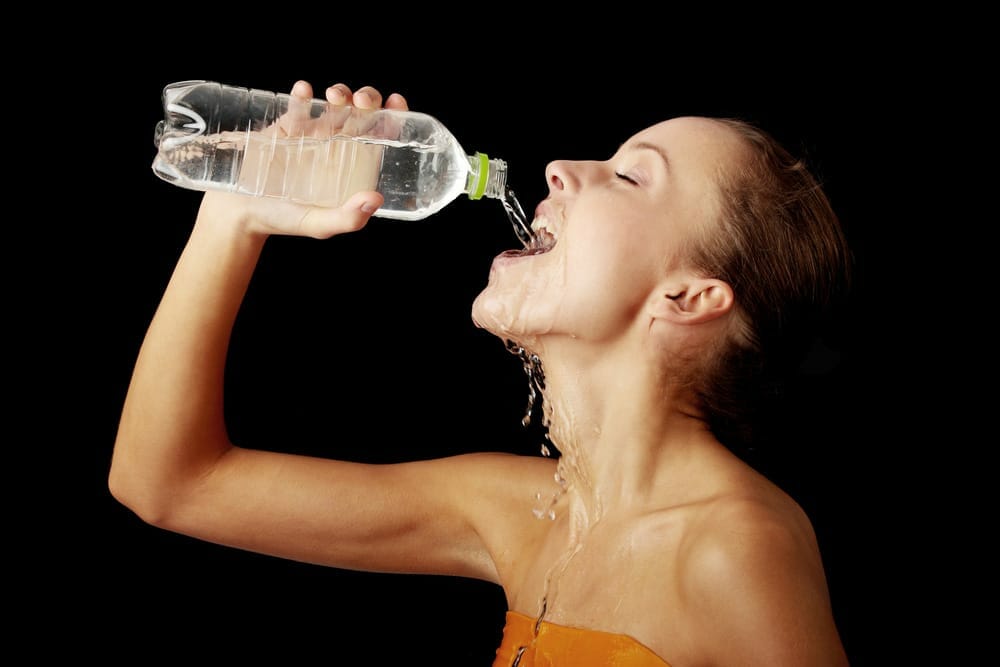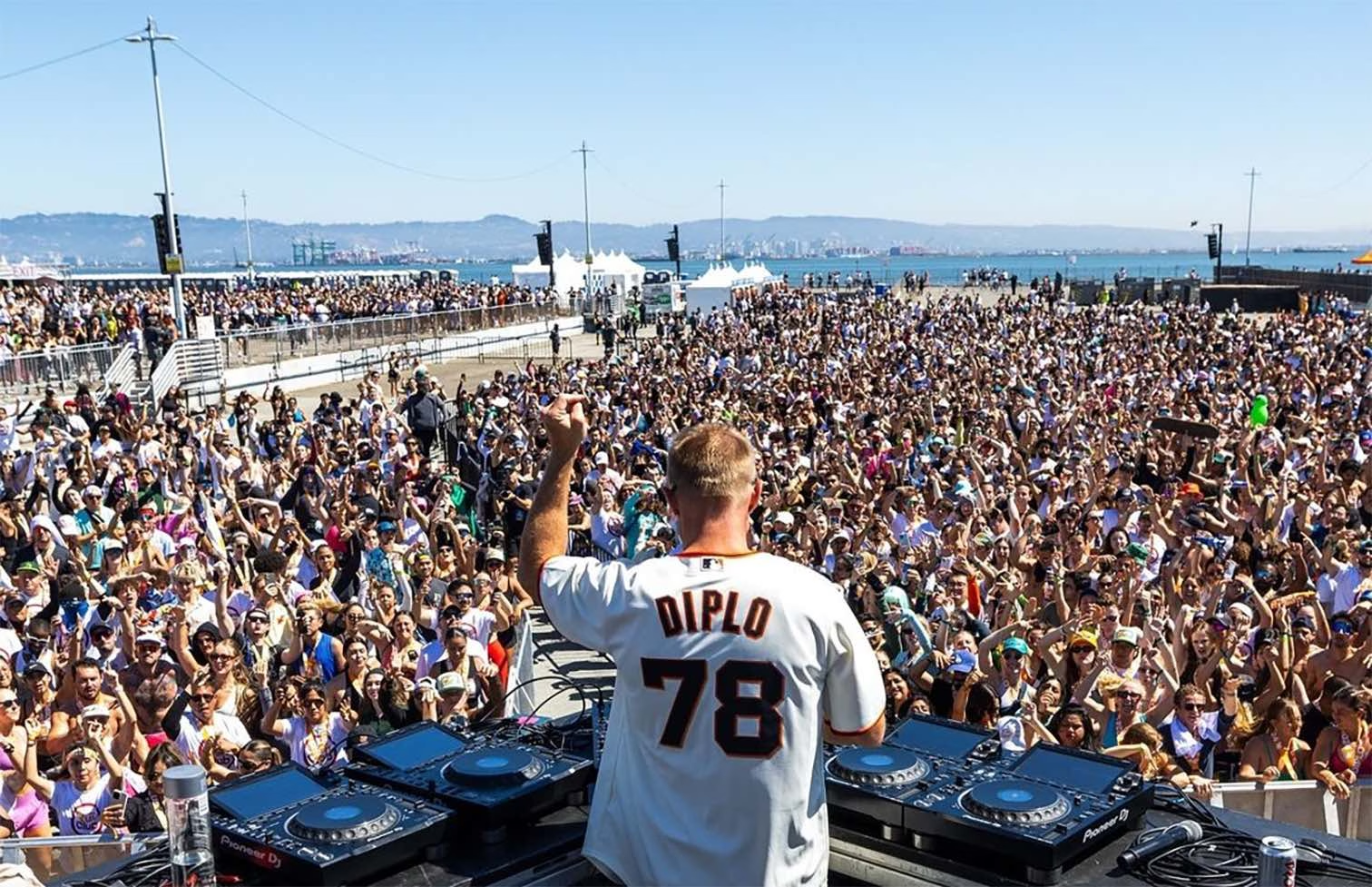There’s a difference between “in shape” and “ripped”. If you’re just looking to get in shape, you can skip this story. But if you want true bodybuilder definition… read on.
By Vince Del Monte
You don’t actually need abs that you can see on your body.
Most men in Australia will go through their entire lives without ever having seen their abs, except maybe briefly one summer when they were 12. In fact, even many professional athletes don’t have abs their girlfriends can do laundry on. Few cricket players and no rugby forwards see their abs when they suit up before a game.
But if you’re going to be fit, why not show it? For the average guy who’s in shape, getting abs isn’t that hard. It’s like taking an A- and turning it into an A+. Challenging, but hardly impossible.
Getting abs is a lot about diet, a little about exercise, and all about attitude. As a fitness model, trainer, and former natural bodybuilder, having defined abs has been part of my job description for the past decade, so I’ve learned to eat, train and program my mind accordingly to keep them sharp. Below are 10 tips I’ve used that make the difference between regular and premium.
1. Set a Deadline
Break your main goal (to get flat, ripped abs) into smaller goals, such as losing one kilo per week or adding a round to the ab circuit described on page 67. Then set a deadline for each one. Losing a lot of weight to reveal your abs can seem like a big undertaking, but it’s much less daunting when you take the time to divide it into smaller, achievable checkpoints. Deadlines also make you accountable, giving you a schedule to keep and a bit of pressure to improve.
Take it a step further and tell your friends. Making your deadlines public is a powerful motivator because it puts your reputation on the line, says Dan Ariely, a professor of psychology and behavioral economics at Duke University and author of The New York Times best seller, Predictably Irrational. In fact, the more attention you draw to what you’re doing, the less likely you’ll be to renege on it. Announce your intentions on Facebook or email your buddies. That makes it harder for you to back down, and you’ll find that you have a support group full of people who want you to succeed.
2. Prevent Food Allergies
You could have low levels of body fat and still sport a bloated stomach. That’s because inflammation in your digestive tract, as the result of a food allergy, is making it swell. Wheat gluten, soy and dairy are common allergens, and even if you haven’t noticed a problem with them, minor amounts could still be doing you harm.
Avoid these foods most of the time and see an allergist for a food-sensitivity test to know for sure. At the very least, cut out these foods for a few weeks and see how you feel. Typically, if you’re sensitive to a food, you’ll notice less gas, bloating and fatigue after a few days of being free of it.
3. Keep the protein coming
You need more muscle to increase your metabolism and burn off the fat that covers your six-pack. On the nutrition front, this means eating protein regularly. Because the body has no way to store protein, it needs a regular supply to keep your muscles well stocked. Eating small but frequent meals has always kept me more muscular. The protocol that’s worked best for 90 percent of my clients is to have five whole-food meals and one protein shake per day. If your diet calls for 200g of protein in a day (a good goal for an 85kg man), I advise consuming five to six meals with 30–50g of protein in each.
4. Stop cutting calories
The very act of eating less causes a stress response in the body that jacks up cortisol, a hormone that stimulates hunger and signals fat storage. A 2010 study published in Psychosomatic Medicine found that women who cut calories to lose weight experienced an increase in cortisol, even over another group who simply tracked their calories but didn’t reduce them. So how do you lose fat? Of course calories have to be reduced, but it’s how you perceive the cut that matters. Focus on eating better without restricting your overall consumption. Don’t starve!
Also, some foods require more effort to digest than others. It burns more calories to digest protein than it does carbs.
5 Protect your home
When you’re at work or someone else’s house, it’s not always possible to eat right. But when you’re in your own crib, there’s no excuse for not having total control. You can’t fight temptation 24/7, so remove all the processed junk food from your refrigerator and cabinets.
Your kitchen should be stocked with a wide range of meats, vegetables, fruits and starches (rice, potatoes, sweet potatoes etc). When you cheat, make sure it’s food you have to go out to get, such as ice-cream, and finish it that day. Don’t store any leftovers. I don’t trust you, and you shouldn’t either.
 6 Start the day green
6 Start the day green
An often-neglected aspect of abs is getting enough green vegetables. They have essential nutrients that your body wants to make sure it gets, and if you don’t provide the necessary nutrition, you’re going to find yourself rooting around in the biscuit jar looking for it. To ensure you’re fully loaded, make a fresh juice crammed with vitamins, minerals and antioxidants with a minimum of calories. That means vegetable juice (not fruit juice, which is packed with lots of sugar and not enough of the fibre that whole fruit provides).
Green juice is like a salad in a glass (only tastier, I promise). This recipe is one of my favorites. Juice the ingredients and pour over 1/3-cup of water and half a cup of ice.
- ½ cup cucumber
- ½ cup celery
- ½ cup spinach
- 1 tsp fennel seeds
- ½ green apple
- Parsley and ginger, to taste
In addition to providing valuable nutrition you may be unable to get from whole foods during the day, a green juice can also act as a detoxifier.
7 Measure portion sizes
I’m not going to tell you to turn your kitchen into the set of Breaking Bad, but a little measuring will keep you honest. Measure your proteins in grams and your carbs in cups (most of your fat should come as part of your protein foods; add any other fats sparingly). You can use the palm of your hand to approximate 100g of meat and your fist for a cup of rice or potatoes.
The length of your thumb works well for measuring fats; it’s about the size of two tablespoons of oil or peanut butter.
This makes keeping a record of your food intake much easier, and eyeballed estimates will be close enough until you get very lean.
At that point, you may want to invest in a food scale to make more precise measurements. The sharper your abs get, the more important the difference between one cup of rice and one half cup becomes.
8 Get more magnesium
I’m going to go out on a limb (not really) andbet that your list of supplements doesn’t include magnesium.
But it really should. It’s essential for good sleep and heart, muscle and brain function — all of which impact your abs —and yet research shows most of us aren’t getting enough of it.
An analysis in the journal Nutrition Reviews revealed that 48–60 percent of us don’t meet the recommended daily value for magnesium, which even then is only considered the absolute minimum (a great physique likely requires more). Add a magnesium supplement or a multivitamin to your diet and see how your results improve.
9 Eat protein for breakfast
A carb-laden breakfast with orange juice and toast spikes insulin, impairing your ability to burn fat for hours afterward. It also stimulates the release of serotonin, a hormone that makes you feel good but also sluggish. That’s why many physique athletes have switched over to eating breakfasts that are carb-free. Aside from the green juice, you should too.
“I achieved my all-time leanest condition — 4 percent body fat — eating meats and nuts for breakfast.”
A study out of the University of Missouri in the US found that a high-protein breakfast improves appetite control and reduces unhealthy snacking in the evening. I take it a step further and eat nuts along with a protein source like meat or eggs. There’s nothing magic about the meat-and-nut combination, but it’s a filling meal and won’t cause a sharp rise in blood sugar, so your energy will be steady all day. When I competed in the 2011 WBFF World Championships as a fitness model and achieved my all-time leanest condition — 4 percent body fat — here’s how I’d start my day: 200g of beef mince and a handful of macadamia nuts on the side, or two extra-lean sausages and a few slices of coconut (green vegetables, of course, are fine at this time as well).
10 Do the tough ab exercises
Abs are postural muscles designed to keep your spine safe when you’re fatigued. That means that they don’t grow as quickly and dramatically in response to exercise as many other muscles do, so short rest periods and a high volume of work are mandatory to make them grow. Try this circuit in one of your weekly workouts. Perform each exercise for 60 seconds, completing as many reps as possible. Rest 15 seconds between exercises and then 60 seconds at the end.
A) Hanging leg raise
Hang from a pull-up bar and raise your legs to the bar, keeping them straight. Control the descent and try to slow it down more over time.

B) Swiss Ball Crunch
Take five seconds to crunch your torso to your hips.
C) Ab Wheel Rollout

D) Decline Russian Twist
Sit on a decline bench and hold a weight at arm’s length. Twist to one side and then the other.
Do two rounds of the circuit the first week and add one round every week thereafter until you’re performing it five times in Week 4.
Related: Lose the Belly




